- +033 2572 7171
- info@dhanvantary.com

4.5 Rating | 4500 Review

4.5 Rating | 4500 Review
Fibrous dysplasia is a rare bone disorder where normal bone is replaced by fibrous (scar-like) tissue. This abnormal tissue weakens the affected bone, making it prone to deformities, fractures, and pain. It can affect a single bone (monostotic) or multiple bones (polyostotic).
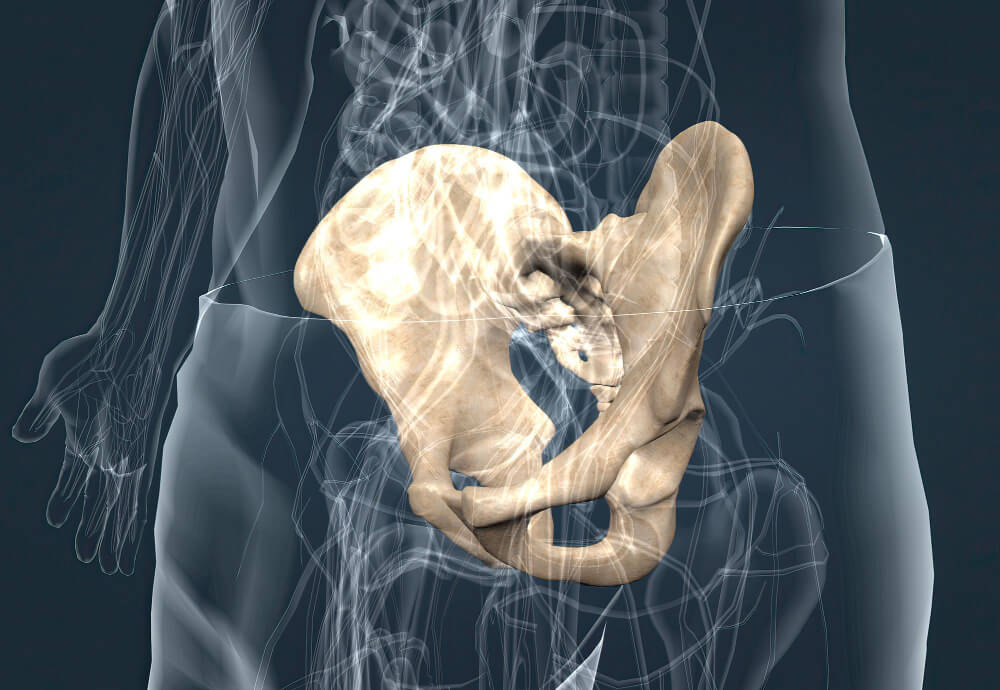
Fibrous dysplasia is caused by a genetic mutation in the GNAS gene. This mutation occurs during foetal development and is not hereditary. It leads to abnormal bone growth and development.
In Ayurveda, fibrous dysplasia can be understood as a disorder of Asthi Dhatu (bone tissue) caused by imbalances in Vata dosha and poor nourishment of the bone tissue due to weakened digestive fire (Agni) and accumulation of toxins (ama).
Vata governs bone health, and its aggravation weakens bones, causing pain and deformities.
Toxins obstruct proper bone formation and repair.
Improper nourishment of bones leads to fragility and deformities.
Ayurveda focuses on strengthening bones, balancing doshas, and improving digestion to ensure proper nourishment of Asthi Dhatu.
Detoxification therapies remove toxins (ama) and improve bone health:
Eat foods rich in calcium, magnesium, and other bone-strengthening nutrients:
Avoid cold, processed, and overly dry foods that aggravate Vata.
Use spices like cumin, turmeric, and asafetida to enhance digestion.

Strengthens bones and reduces pain.
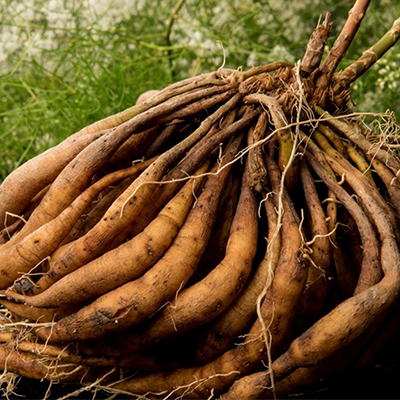
Promotes tissue regeneration and overall strength.
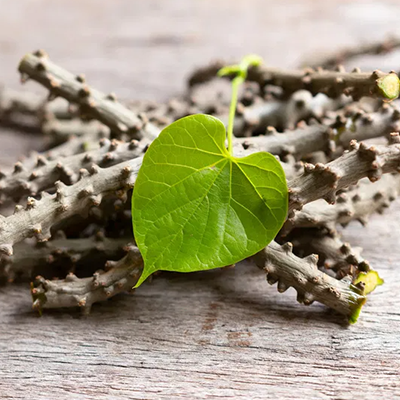
Detoxifies and boosts immunity.
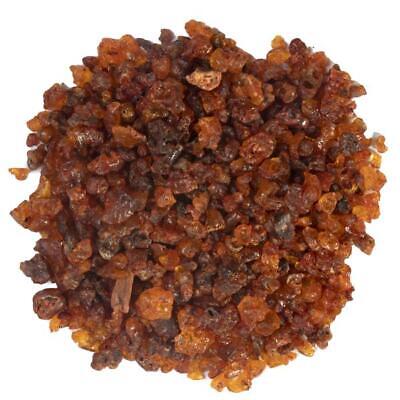
Traditional remedy for bone healing and fractures.
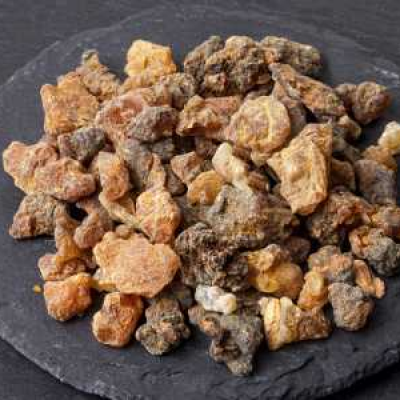
Enhances bone density and reduces inflammation.
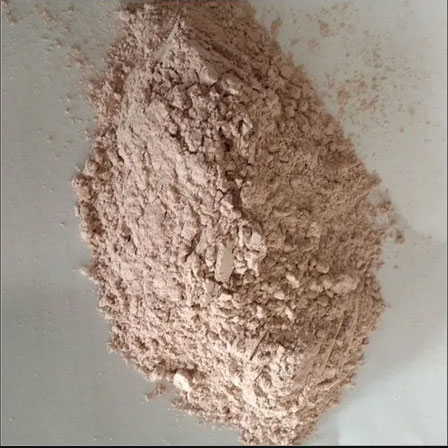
Rich source of natural calcium to support bone health.
Use bone-specific rejuvenating herbs and formulations:
Gentle yoga postures improve flexibility and reduce pain:
Avoid high-impact exercises to prevent fractures.
While fibrous dysplasia requires medical monitoring and intervention for severe cases, Ayurveda can provide supportive treatment to improve quality of life. By balancing doshas, detoxifying the body, and nourishing the bones, Ayurvedic treatments offer a holistic approach to managing this rare condition.
